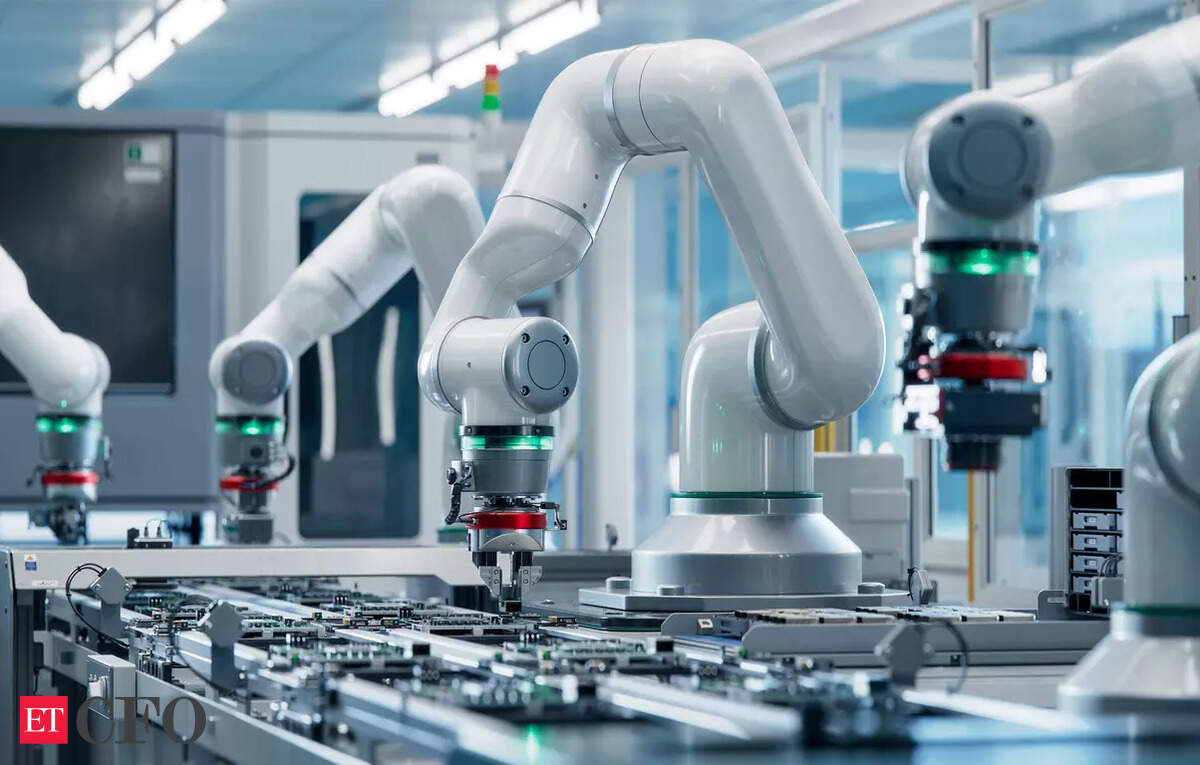Report: AI Engineers Show Least Optimism About Technology's Future

A recent report highlights a significant paradox within India's tech landscape: engineers, who are at the forefront of adopting and implementing Artificial Intelligence (AI), express the highest levels of anxiety regarding its impact on their careers. The "Upskilling Trends Report 2025–26" by edtech firm Great Learning reveals that only 64% of BE/B Tech graduates have a positive outlook on AI's career implications. This contrasts sharply with the optimism shown by MBA graduates (89%) and B Com holders (84%), despite engineers being the earliest adopters and drivers of AI technology.
This apprehension among engineers stems from the tangible disruptions AI, particularly Generative AI (GenAI), is causing in their field. Hari Krishnan Nair, co-founder of Great Learning, points out that "Most of the disruption driven by AI and especially GenAI is currently being felt in engineering roles." He elaborates that entry-level positions in tech sectors like Quality Assurance (QA), development, and DevOps are either undergoing significant changes in their nature or are becoming altogether redundant. This disruption is already evident in hiring patterns, with the report indicating that 69% of professionals believe technology is disrupting their roles, with AI being the primary catalyst.
Despite these concerns, a broader sense of optimism prevails, as 78% of all professionals surveyed still express a positive outlook regarding AI's long-term impact on their careers. However, this optimism varies significantly based on geographic location and company size. Professionals in Tier-1 cities and those employed by large companies (with over 5,000 staff) exhibit higher confidence in job retention, with 73% overall feeling confident about retaining their jobs in FY26 (an 11 percentage point increase from the previous year). This figure rises to 85% for large company employees but drops to 58% for those in firms with fewer than 50 employees. Nair attributes this disparity to varying levels of exposure and pressure, emphasizing that "Those without relevant skills face a much higher risk of obsolescence."
The current job market is also characterized by increased movement, with a striking 82% of professionals actively or passively searching for new opportunities (51% actively looking, 31% passively exploring). This trend is fueled by technological disruption, intense competition, and unmet salary expectations. The primary challenges cited by job seekers include high competition (43%), salary expectations not being met (43%), and the necessity for new certifications to stay relevant (35%).
In response to these evolving demands, upskilling has become a critical focus for professionals. AI and machine learning are the most sought-after areas for upskilling, chosen by 44% of respondents. Other popular fields include software development (36%), cybersecurity (35%), and data science (35%). Within AI, subdomains like generative AI, Python, and agentic AI are attracting significant interest. The report notes that 80% of professionals use GenAI for learning, and 60% frequently use it in their work.
Interestingly, the proliferation of GenAI tools is not perceived as a threat to structured learning platforms. Nair suggests that while resources for learning have always been available, effective learning requires "structure, feedback, interaction, and support," which platforms like Great Learning provide. He also mentioned that Great Learning is incorporating GenAI to enhance its educational offerings, such as providing real-time feedback in programming tasks and improving learner support through integrated AI tools.
The commitment to continuous learning remains strong, with 81% of professionals planning to upskill in the coming year. However, 37% identify heavy office workloads as the primary barrier to their upskilling efforts. There's also a noticeable shift in preferences for learning credentials: certificates, particularly those from Indian universities, are now more popular than traditional degrees. This reflects a growing demand for targeted, short-term, skill-based learning. As Nair aptly concludes, "The urge to upskill has always been about career outcomes. Today, AI is simply the new lever."











